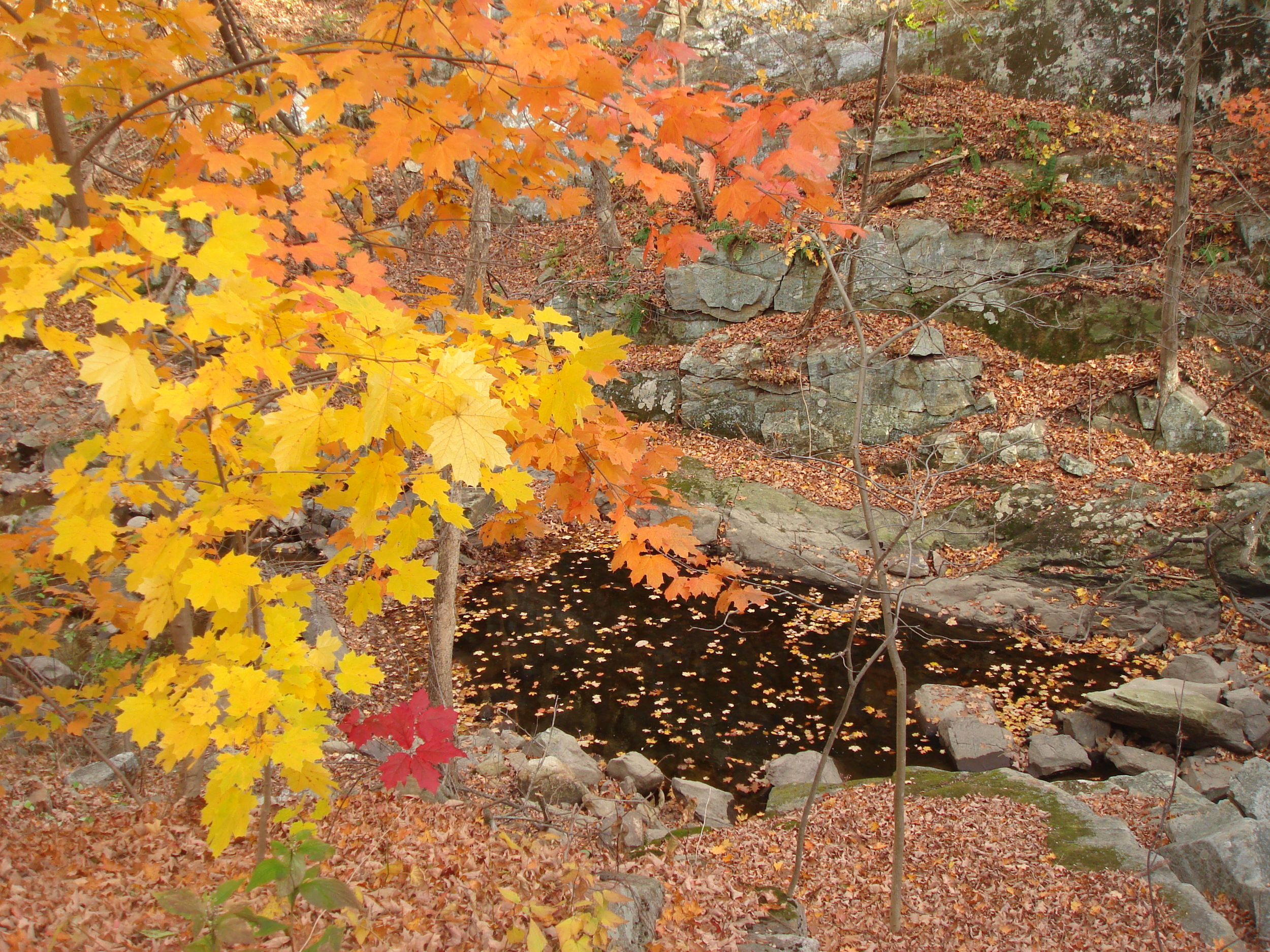Why is local so important?Locavorism, buying and eating from local sources in season, is very much in the headlines these days.But localism is important on many levels, not just food and agriculture.
When things become global they also become abstract, and with that they become profit oriented as opposed to quality-of-life oriented.As an example, we currently have a Malaysian-based casino operator vying to build a huge casino in the midst of our protected woods.Since the operators live and work in far away Malaysia and not right here they have no vested interest in the environmental and quality-of-life implications.Their interest is strictly financial and that means that environment and quality-of-life will suffer.
By being involved on a local level you have a say, you have influence in local matters, you participate in something tangible that has a direct implication on your quality of life.Your voice counts.
When you buy from local sources, from farmers, from gift shops that sell local artists's works, from second hand clothing stores, from services (massage therapy, sports studios, hair salons) you put money right back into our local community (see an earlier blog post on local food relationships).Getting involved in local politics, organizations or initiatives allows you to contribute directly to the quality of life of where you live.It gives you a vote, a bit of control, and lets you be a part of what's going on where you live.
There are initiatives out there that promote localism on a global level.One of them is the Transition Movement (they are about reducing our fossil-fuel dependence through going local).Another one is the International Alliance for Localization.
But you don't really need an organization.Just think about what matters to you.Is it how your food is grown?Is it how the land in your community gets used?Are you passionate about the environment and preserving it in good condition for future generations?Relationships with people in your community?Cultural events? What the schools in your community are doing?It's easy to donate $50 over the internet to some abstract cause that sounds good. Instead, get involved locally. It makes a bigger difference than you think.







